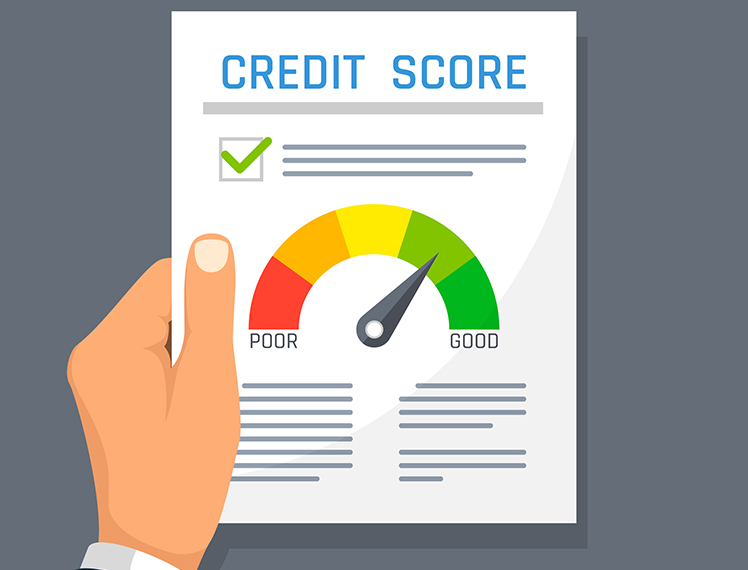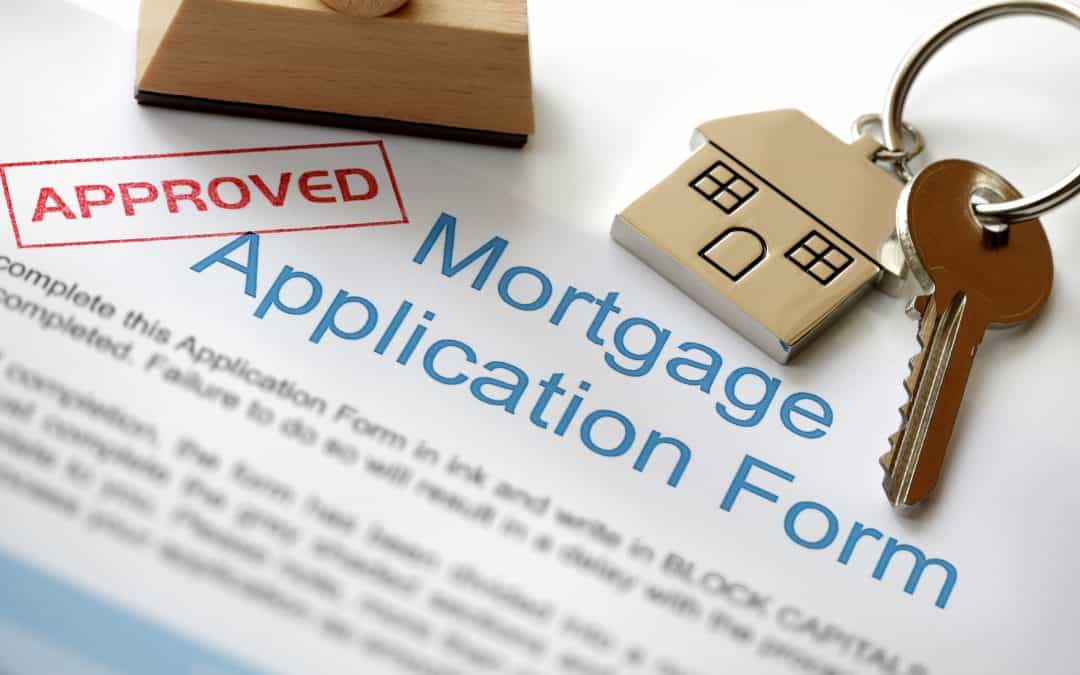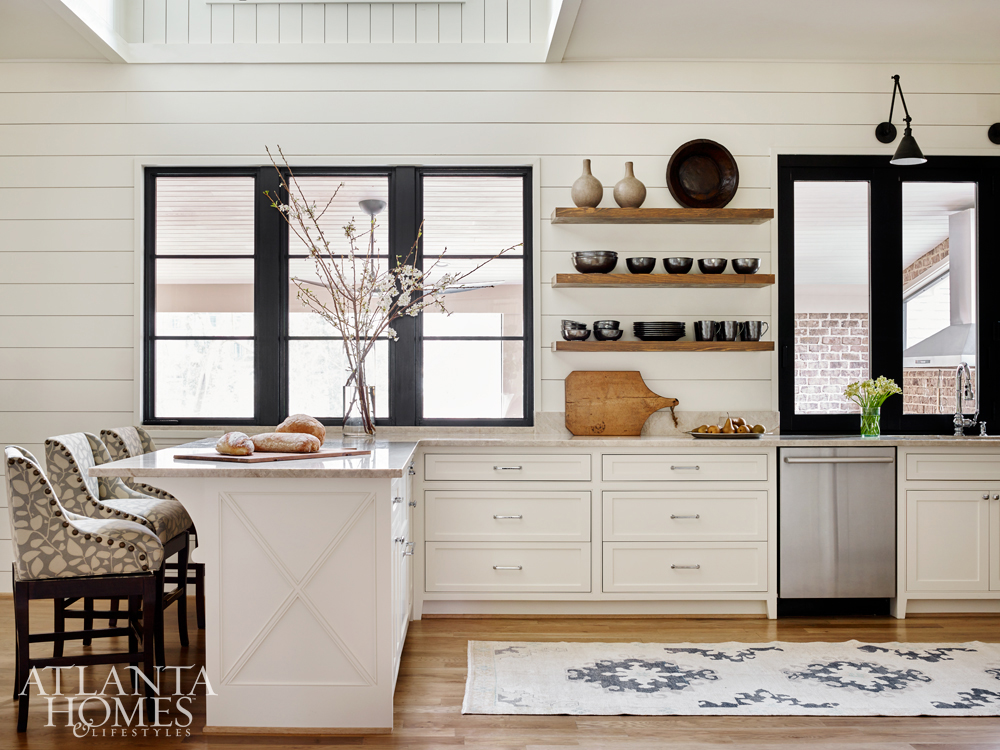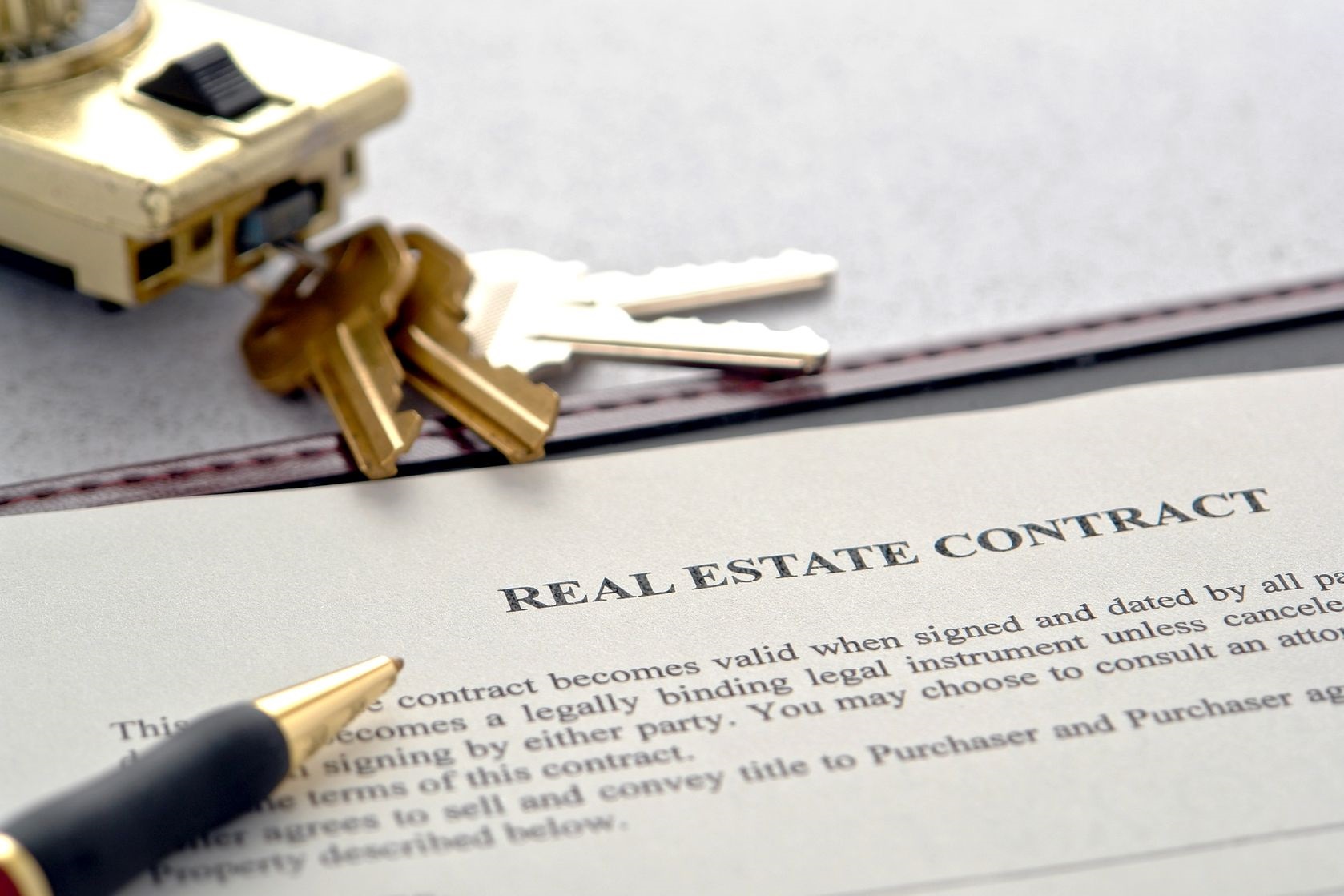 Many people want to buy a house but don’t know where to start.
Many people want to buy a house but don’t know where to start.
You’re in luck!
These 8 steps to buying a house will guide you with what you need to be thinking about as you go through the home buying process.
Step 1: What is my Credit Score?
Step 2: Do I need cash...how much?
Step 3: How much house can I afford?
Step 4: Do I need to get Pre-Approved?
Step 5: There are different kinds of Mortgages?!
Step 6: What features do I need/ want in a home?
Step 7: I need an Agent!
Step 8: I'm ready to make an offer!
Step 1: What is my Credit Score?
You are entitled to a free credit report from each of the three credit reporting agencies Equifax, Experian, and TransUnion once every 12 months. You can request all three reports at once, or space them out throughout the year.
You can choose to use a credit monitoring site such as Credit Karma, Identity Force, or My FICO. They allow you to get your credit scores for free and monitor changes that could effect your ability to get a loan.
Take a close look into all the information contained in your report. Errors are common, a recent study showed 20% of consumers have errors on their report. If you find mistakes you should contact the credit bureaus immediately and file a dispute. Your credit score should be at least 580 to get approved for a mortgage. If it’s below 580 we recommend you work on increasing your score before applying.
Tips to Improving Your Credit Score
- Keep your credit utilization ratio below 20% of the credit limit
- Get added as an authorized user
- Do not close any open accounts
- Hold off on getting new loans or credit cards until after closing
- Set up auto pay to avoid any late payments
Step 2: Do I need cash...how much?
There are more upfront costs involved in buying a home than just the down payment.
You must have money saved for the down payment, closing costs and the home appraisal.
Closing costs are fees charged by lenders for issuing the loan. On average these fees range anywhere between 2% – 5%. Closing costs can be paid by the seller, speak to your real estate agent for more information.
The Down Payment
The down payment is a percentage of the home purchase price you need to bring to the table.
The funds for the down payment must come from your savings, 401k, or investment account. You cannot use a loan for your down payment. Most types of loans do allow the down payment to be a gift from a friend or relative. If you’re a first-time home buyer you may qualify for certain programs such as down payment assistance programs and grants for qualifying home buyers.
Down Payment Guidelines by Loan Type
- FHA and 203k loans – 3.5% down payment with a 580 credit score. 10% with a 500 score.
- Conventional loans will require between 5%-20% as a down payment.
- USDA loans require no down payment but are only available for properties in rural areas
- Veteran’s may be eligible for VA loans, which does not require a down payment.
You will also need to have additional cash reserves in the bank, usually 1-3 months worth of mortgage payments.
Home buyers should have at least 10% of the purchase price of the home in savings to account for all upfront mortgage costs.
Step 3: How much house can I afford?
Knowing what you can afford is an extremely import step in the home buying process.
Your debt-to-income ratio is what mortgage lenders use to determine how much of a loan you qualify for. Your DTI ratio is your monthly debt payments divided by your monthly income.
For example: If you make $52,000 per year, and your total monthly income after taxes is $3,500. Then you may be approved for up to $1,085 monthly mortgage payment. Which is roughly $200,000.
There are more costs to a mortgage besides just the principle and interest payments. You need to budget for property taxes, mortgage insurance, homeowners insurance and HOA fees.
Home affordability Calculator with PMI, taxes, and insurance
Step 4: Do I need to get Pre-Approved?
You will need to get pre-approved for a home loan before you can start house hunting.
Most real estate agents will not even show you a home until you have a mortgage pre-approval letter. Plus you wouldn’t want to give up your hopes looking at homes you don’t qualify for.
A mortgage Pre-qualification is not sufficient to most homeowners. A mortgage pre-approval not only means that your credit history was pulled by a lender, it means they actually verified your income and financial documents. For the mortgage pre-approval process you will need to send your loan officer a few documents. They will pull your credit report to check your score and make sure there’s nothing to be concerned about. You will also be required to show proof of income using W2’s, tax returns and bank statements.
Documents needed to get pre-approved for a home loan
- 2 years of tax returns W2’s and paycheck stubs
- Copy of your credit report and scores will be pulled by the lender
- Copy of bank statements
- Proof of down payment funds
Remember just because you are pre-approved with a lender does not mean you need to use them. In fact, we highly recommend compare loan quotes from at least 3 different lenders.
Step 5: There are different kinds of Mortgages?!
There are many types of home loan programs available, which one is right for you depends on your situation.
- FHA Loans – FHA mortgage loans a very popular mortgage option for first-time home buyers because of their low down payment and credit score requirements. A 3.5% down payment is needed for borrowers with a minimum 580 credit score.
- VA Loans – If you’re a Veteran then a VA home loan will save you tens of thousands of dollars. They come with no money down and no mortgage insurance.
- USDA Loans – USDA loans are a type of Government-backed mortgage for low-to-medium income families in rural areas of the country.
- Conventional Loan – Conventional loans are traditional mortgage loans offered by private lenders and not insured by the government. They typically require a 620 credit score and a down payment between 5% – 20%.
Loan Terms
Mortgages come in different types of loan terms.
Fixed-rate loans are the most common mortgage term with a term of 15 years or 30 years.
An adjustable-rate mortgage (ARM) may be another great option for a borrower who is not planning on staying in the property for a period of at least 5 years.
Compare adjustable rate vs fixed rate mortgage loans
Step 6: What features do I need/ want in a home?
Before going out house hunting you should make a list of features you want.
Here are just some of the features you need to consider
- Number of bedrooms and bathrooms
- Home office
- Media room
- Formal dinning room
- Covered patio one or two story
- Square footage
These are important questions you need to know the answer to. Really think about the things that you want, and things that are deal breakers. Open layouts are great, but if you have kids and the game room is right above the living room with no walls separating the two, the noise could be unbearable.
What is the view? If the view is a sore sight, or right behind a fire station that’s something you have to think about.
This is not temporary, you will be seeing the same view as long as you’re in the home.
Step 7: I need an Agent!
The real estate agent is sometimes an overlooked part of the home buying process.
A good realtor can not only save you money, but makes sure you close on time and without any issues. Realtors know what to look out for, what the seller should pay for, they are really on your side throughout the entire process.
You do not pay the realtor’s fee.
Realtor commissions are built into the price of the home. The seller always assumes they will be paying 3% of the sales price to the buyer’s agent. Call us at 864-438-5050 to talk with us about finding you a home!
Step 8: I'm ready to make an offer!
Your agent will help you prepare the home offer once you have found the right home.
Once you enter into a real estate contract you will begin the mortgage process.
You’ll need a home appraisal before closing, which typically run between $300-$700.
While lenders do not require you have the home inspected before completing the mortgage loan process, it is an absolute necessity. A home inspection will reveal any potential issues that may need to be repaired prior to the final walk-through. You can use the inspection to help you negotiate these repairs on the home be made at the sellers expense.
In Summary…
As long as you follow these 8 tips for home buyers the home buying process will run smoothly. Check your credit score and make sure you have enough money in savings for a down payments. Calculate how much house you can afford. Make sure you like the homes in your area in your price range. Compare loan offers and get a pre-approval letter. Make a list of everything you need in a new home. Hire an agent and start looking for your dream home!
Are you ready to buy a home? Call our office at 864-438-5050 and meet with an agent that will walk you through each step and make the process as easy as possible!








Comments(0)